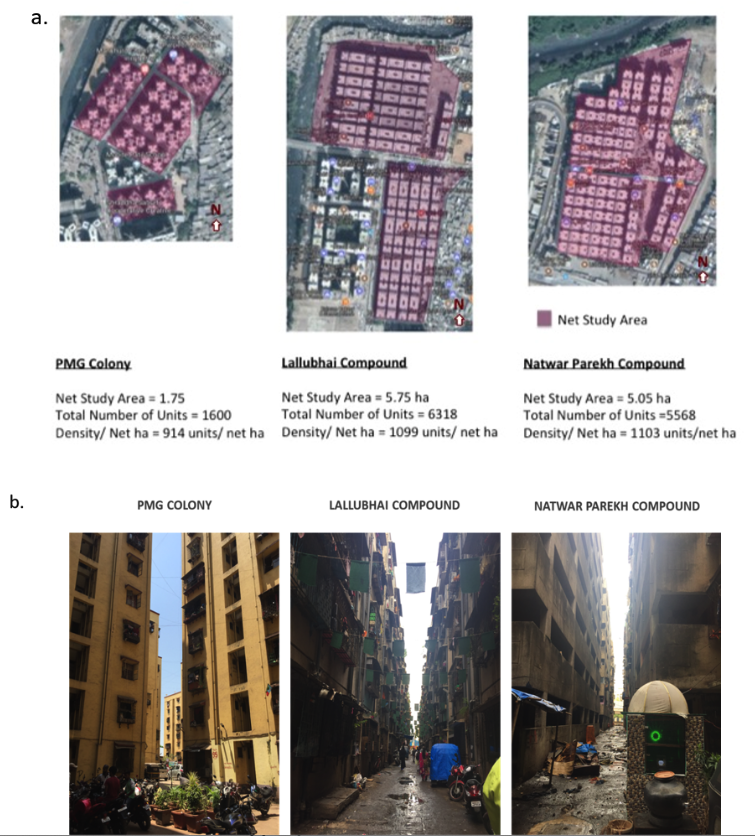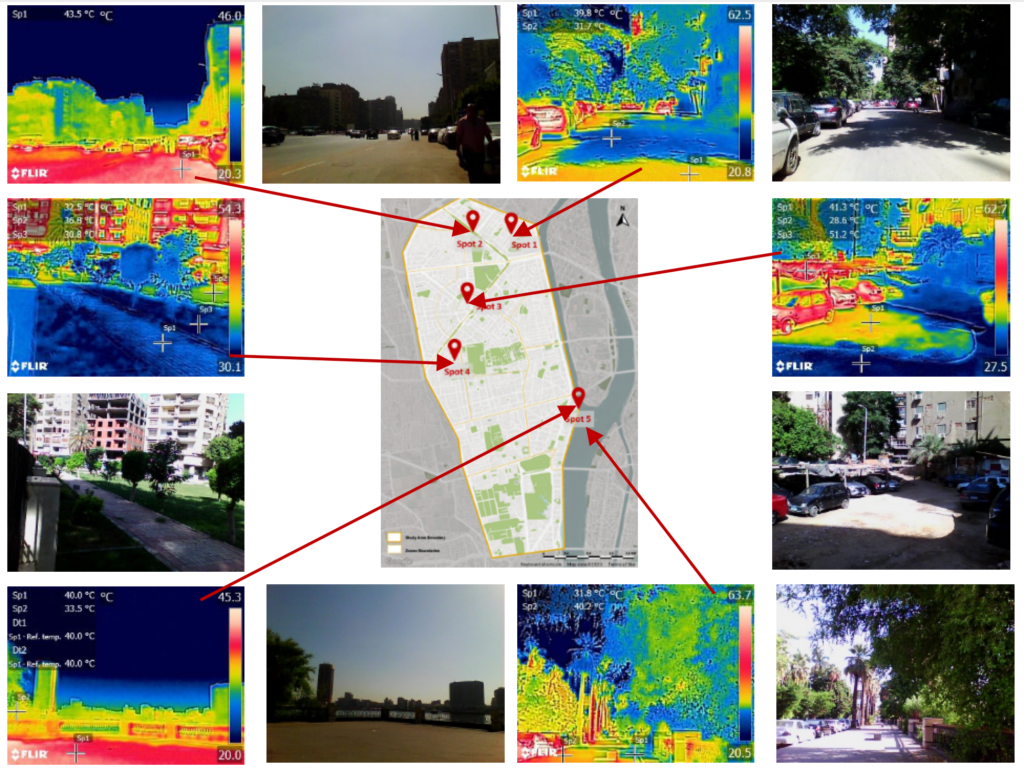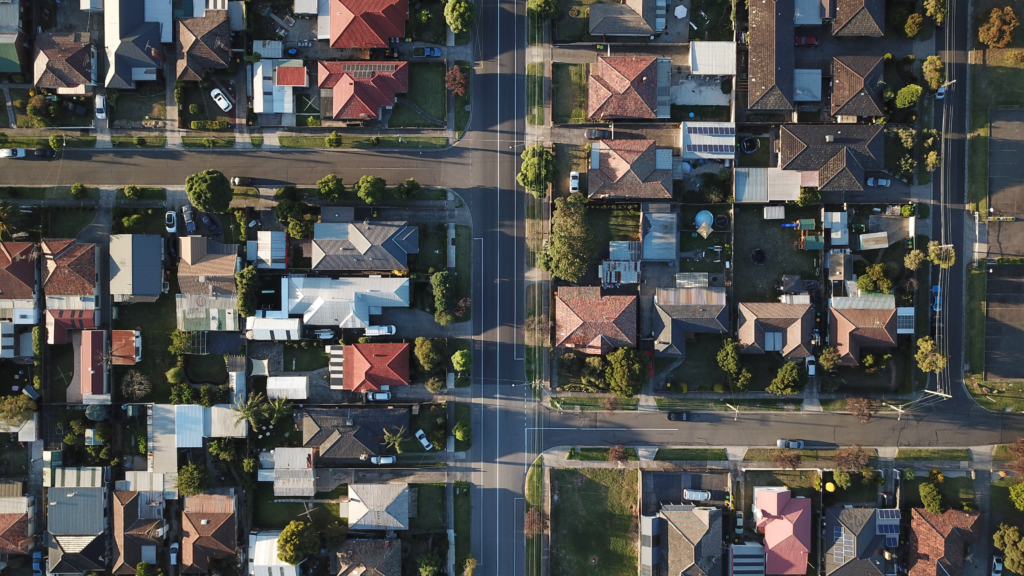City Know-hows

Target audience
Municipal commissioners of cities and mayors; Actors and decision makers with responsibility for urban housing.
The problem
There is a concentration of tuberculosis patients in the resettlement colonies in M-East ward, Mumbai, which have poor ventilation and sunlight characteristic
What we did and why
We undertook a household survey and calculated sunlight and ventilation parameters in three resettlement colonies using computation models.
We found an association between burden of tuberculosis and poor ventilation and poor sunlight parameters.
We also reviewed guidelines for building resettlement colonies in Mumbai. We did this to demonstrate that poor policies and their execution may lead to preventable public health disasters like tuberculosis which the country is trying to fight.
Our study’s contribution
Our study suggests that design changes need to be made to make the colonies better places for tuberculosis patients to heal and to prevent the further spread of infection to family members and neighbours.
Impacts for city policy and practice
This study supports a demand for changes in policies for the building of resettlement colonies in Mumbai to reduce tuberculosis and support patients healing at home.
It also has international implications where similar living situates are created by bad architecture and poor planning.
In terms of health equity, we ask that policy makers treat the poor and underprivileged same as the rich, in terms of preparing guidelines and policies for construction of housing colonies. Our paper outlines some of the modifications to building design and practice that are required.
Further information
Peehu Pardeshi (@peehu1988), Balaram Jadhav, Ravikant Singh, Namrata Kapoor, Ronita Bardhan, Arnab Jana, Siddarth David, Nobhojit Roy
Full research article:
Related posts

This study on Greater Cairo Region, Egypt, addresses urban challenges through “urban micro-lungs.” It explores designing green corridors responsive to local climate and space constraints, emphasizing resilient, public health-focused interventions for hyper-dense cities in the Global South.

The concept of 20-minute neighbourhoods promotes more local grocery shopping. While the concept holds the potential to foster active travel, car use remains the prevailing mode of transport when shopping for food.

Open spaces are known to improve the health and well-being, however there are few studies from developing countries. This Nigerian study examinessocio-economic characteristics of residents, attributes and uses of neighbourhood open spaces and self-rated health.